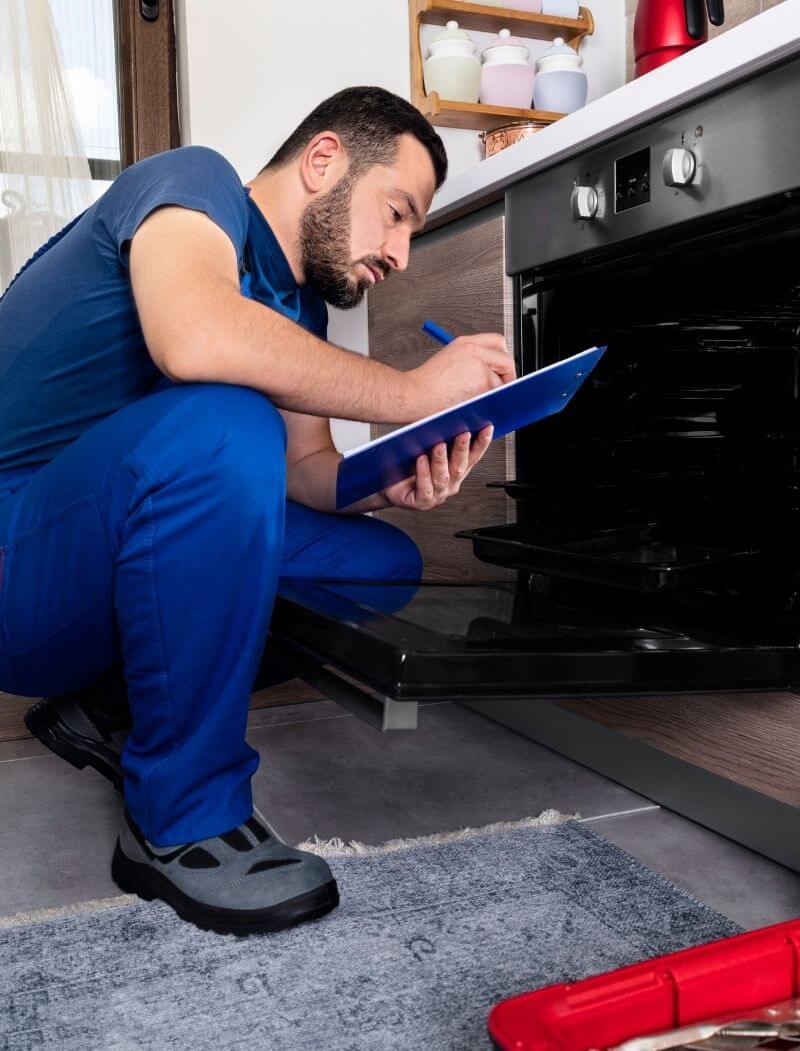Preventative Measures to Extend the Life of Your Oven
When your home appliances start to stall, it might mean that they have reached their maximum lifespan. Do not be confused at the term, though—the “maximum lifespan” is likely talking about how long parts last until they need to be replaced. A common issue seen is that people toss out “broken” appliances that can actually be fixed by replacing one or two internal parts. What a waste, right?
Ovens are not exactly cheap or something that you just use and toss if something goes wrong. In Australia, ovens can cost quite a lot when you factor in all the costs—like the unit itself, the shipping, and the installation, plus the removal of the old appliance on top of that. With this being said, you’ll likely want to go for oven repairs in Melbourne if you can.
While you may not be aware that oven repair services exist, they in fact do; and at Unit Appliance, getting any appliance repaired takes just one phone call. Before getting to that point, however, there is a way that is better than a repair job—and it is what you call “preventative measures.” Here are some tips to extend the service life of your oven:
Cleaning It Regularly Is Key
While an oven is built to last around 13 to 15 years, it can be even longer if cleaned every so often. Stoves are easier to clean, as wiping the spills and splatters is enough to keep a stovetop clean. Ovens, on the other hand, have a unique problem that resides in ambient dirt and grease from cooking in an enclosed space. As food boils, bubbles, and turns brown, this releases the grease from ingredients and sticks to oven walls!
Built-up particles over time can force your oven to work harder to get the temperature at the right heat. They can also affect the way the food tastes, especially if the gunk and grime are in horrible condition.
Clean your oven once a month, at least, without using chemical cleaners—warm water and baking soda with a sponge should do the trick. While this is more time-consuming, you’ll be sure that the protective coating of your oven will be preserved and in good condition.
Protect Your Oven from Power Surges
All kinds of ovens will benefit from protection from power surges. Your oven contains a “brain,” that comes in the form of its control board. This allows you to set the temperatures and triggers the heating elements to reach parts of the oven.
This part can easily malfunction and fry the wiring when a power surge happens—so be sure your outlets in your home are rated for power surge protection. Additionally, you can have the oven hardwired to the fuse box to prevent any problems, especially if blackouts or brownouts are common where you reside.
Check the Oven Seals
From time to time, be sure to run a diagnostic check on the seals of your oven. Electric heating elements can cause connectors inside the oven to melt and malfunction if dislodged. The seals are what prevent heat from escaping and making their way into places they should not be.
While the heating element seals need to be checked, always check the seals on the door of the oven, too. The door seals keep heat in and cold air out, so make sure that the seal is evenly running along the doorline without any nicks or bumps. This ensures that you have the best energy efficiency while keeping ambient heat trapped in the oven tub without leaking to other parts of the oven.
Conclusion
When it comes to ovens and how they work, a simple clean and routine checks on its performance will go a long way. Remember that ovens are often expensive pieces of kitchen appliances, which means you will want them to last as long as possible. Ensure the proper safety of your home by caring for your electric appliances as best as you can.
Are you looking for a reliable appliance repair expert to look at your home’s oven? Unit Appliances is a premium repair service that offers washing machine, dishwasher, and oven repairs in Melbourne. Before throwing out your appliances, let us have a look! Get in touch with us today to see how we can help.


0 Comments